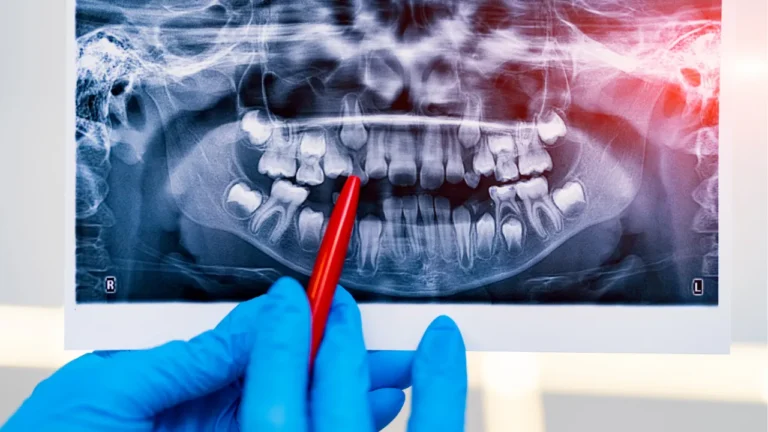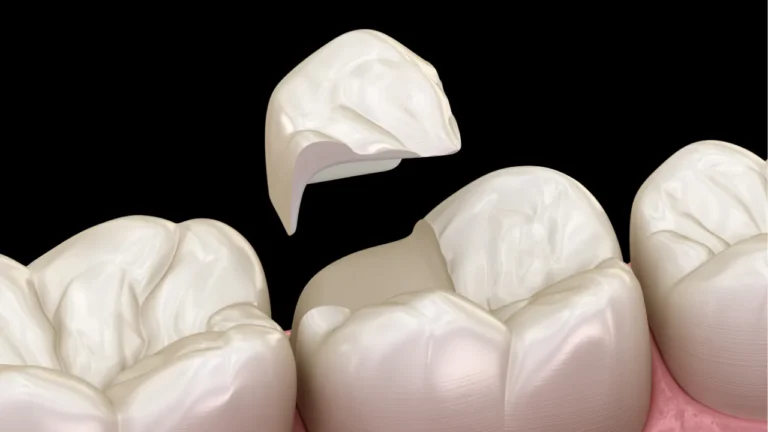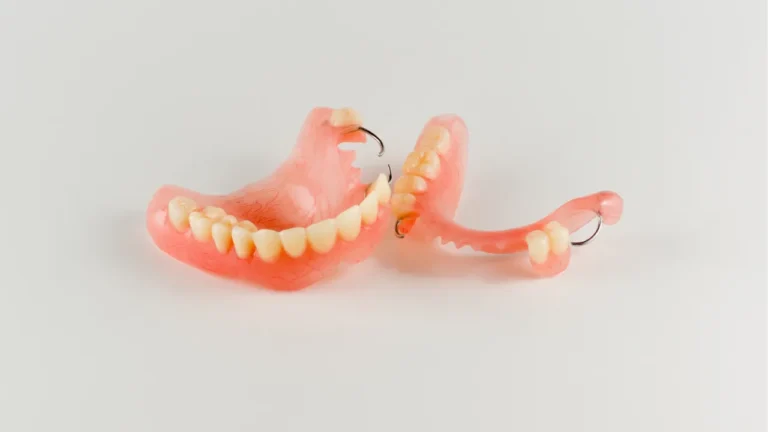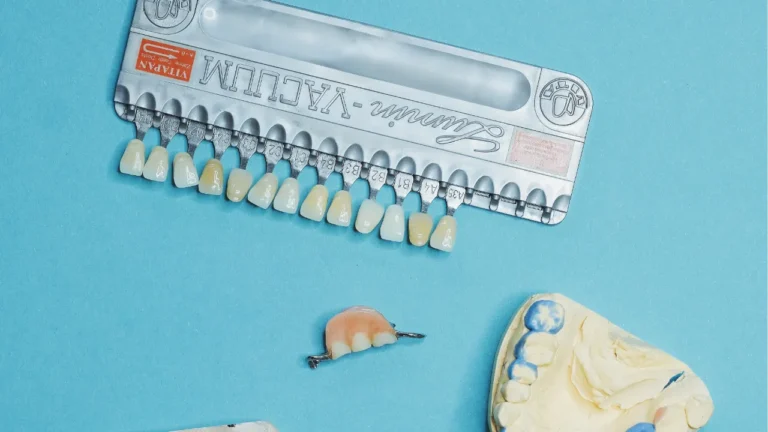Good oral health is more than just having a bright smile and fresh breath—it plays a crucial role in your overall well-being.
Research has shown that oral health is linked to various aspects of physical, mental, and emotional health. Neglecting dental hygiene can contribute to serious health conditions, affecting not just your mouth but your entire body.
In this article, we explore the deep connection between oral health and overall well-being and why maintaining good dental hygiene should be a priority.
Quick Summary
- Poor oral health can impact overall physical, mental, and emotional health.
- Links exist between oral hygiene and systemic diseases such as heart disease, diabetes, respiratory infections, and pregnancy complications.
- Oral health affects self-esteem, confidence, and mental health.
- Preventative care—brushing, flossing, regular dental visits, a healthy diet, hydration, and avoiding smoking/alcohol—is essential.
The Link Between Oral Health and Systemic Diseases
Your mouth serves as the gateway to your body, meaning that poor oral hygiene can lead to systemic diseases.
Bacteria from your mouth can enter the bloodstream, causing inflammation and increasing the risk of various health issues. Some of the most common diseases linked to poor oral health include:
1. Cardiovascular Disease
Gum disease (periodontitis) has been linked to an increased risk of heart disease and stroke.
The bacteria from inflamed gums can enter the bloodstream, contributing to plaque buildup in the arteries, which may lead to heart attacks and strokes.
2. Diabetes
Diabetes and oral health have a bidirectional relationship.
People with diabetes are more prone to gum disease due to high blood sugar levels, while severe gum disease can make it harder to control blood sugar, exacerbating diabetes symptoms.
3. Respiratory Infections
Poor oral hygiene can contribute to respiratory infections, such as pneumonia.
Bacteria from the mouth can travel into the lungs, leading to inflammation and infection, particularly in older adults or those with weakened immune systems.
4. Pregnancy Complications
Expecting mothers with poor oral health are at a higher risk of premature birth and low birth weight babies. Gum disease causes inflammation that can trigger early labor, making regular dental checkups essential during pregnancy.
Mental and Emotional Well-being
Oral health also affects mental and emotional well-being. Here’s how:
1. Self-Esteem and Confidence
A bright, healthy smile boosts self-confidence and helps individuals feel more comfortable in social situations.
On the other hand, stained, missing, or damaged teeth can lead to self-consciousness, reducing social interaction and quality of life.
2. Mental Health Issues
Studies suggest a connection between poor oral health and mental health disorders like depression and anxiety.
Chronic pain from dental issues can contribute to stress, while low self-esteem due to dental problems may lead to social withdrawal and depression.
The Importance of Preventative Dental Care
To maintain good oral health and overall well-being, preventative dental care is key. Here are some essential tips to follow:
- Brush and Floss Daily: Brushing twice a day and flossing once a day helps remove plaque and bacteria that cause gum disease and tooth decay.
- Visit Your Dentist Regularly: Regular dental checkups help detect and prevent oral health issues before they become serious.
- Maintain a Healthy Diet: Consuming a balanced diet rich in vitamins and minerals supports strong teeth and gums. Avoid excessive sugary foods and beverages.
- Stay Hydrated: Drinking water helps rinse away food particles and bacteria, reducing the risk of cavities and gum disease.
- Quit Smoking and Limit Alcohol: Smoking and excessive alcohol consumption can lead to gum disease, tooth loss, and oral cancer.
Conclusion
Your oral health is a vital component of your overall well-being.
By maintaining good dental hygiene, you can prevent various health issues, boost your confidence, and enhance your quality of life.
At Every Smile Dentistry, we are dedicated to helping you achieve optimal oral health. Schedule a dental checkup today and take a step toward a healthier smile and a healthier you!







